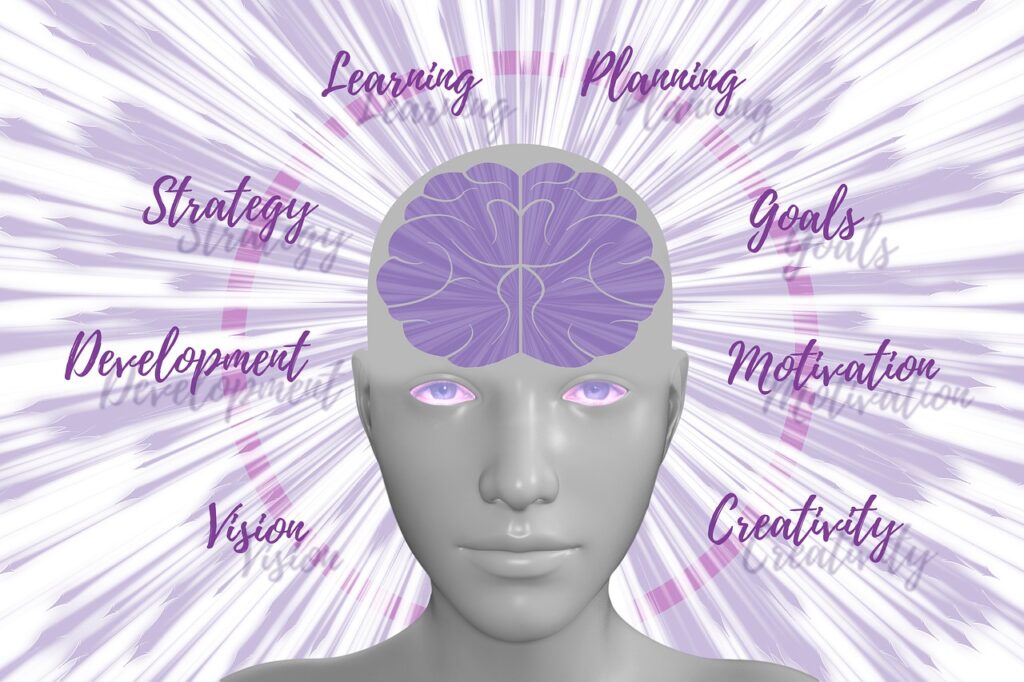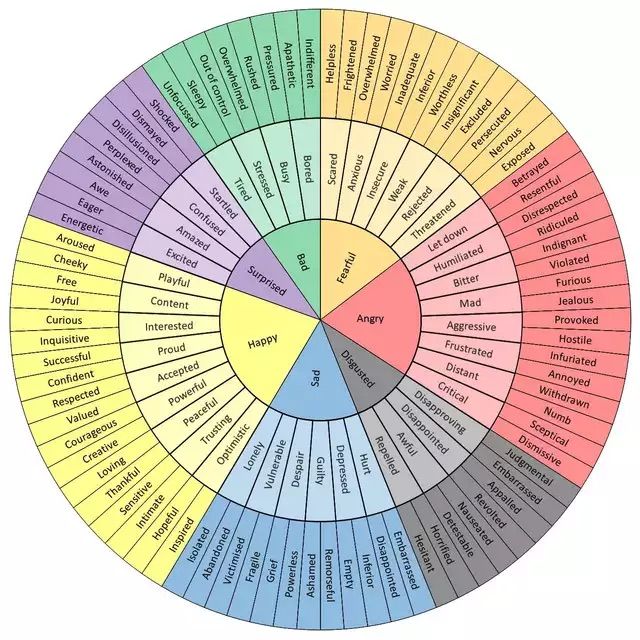
Why shouldn’t we all be able to work for a great leader? If you are working for a great leader, you are in a beautiful position. As an assistant manager in one of my nursing roles the manager was very clear – I did not work for her, I was not her assistant, I was an assistant manager and we worked together for the unit staff. Now that demonstrates a good leader’s sense of valuing others. I remember being thrilled when I got the job because I wanted to work for a great leader. Working with a great leader was even better, and I learned so much, as I had expected. What kinds of things make a leader great? Here are some traits I found.
5 Traits of Positive Leaders
I want to work for a great leader. To do this I need to know what a great leader looks like. Here are five (5) traits from the Roffey Park Institute
- Charisma
- Focus on Development
- Take on the Role of a Mentor
- Ability and Willingness to Listen and Learn
- Honesty
Fun
People also want to work for leaders who have a sense of humour. Employees, apparently feel funny leaders are more competent.
The stories of leaders and leadership reveal their explorations of life, the world, and their experiences. What have you explored? As a child you explored the dirt, mud-puddles, insects, animals, and the things your parents told you not to. That exploration taught you many things about life, safety, and enjoyment. Children are curious. As an adult are you still exploring? Are you still curious? Ask yourself what you have explored lately and if you can’t think of anything it is time you decided to explore. Later this week I am going to paint some pottery. I’ve never done this before. It isn’t a big challenge, but it is something new. Exploring can be as easy as reading something of a different genre or an author new to you who has a different viewpoint, or it can be as challenging as taking up a new sport or learning a new language.

Challenging yourself with new things helps your brain to function optimally. There is much we can do to ward off Alzheimer’s and dementia. Among the things to do are exercising your brain and your body. As a leader it behooves you to set a good example. Challenge yourself and challenge those you lead. Of course, I encourage you to make those challenges fun.
Many of the great leaders from history aren’t known for having fun experiences. The historical leaders were often involved in acquiring more land and riches, causes and wars.

“Not only do employees who laugh at work tend to be healthier and more productive, but they are also absent from work less often. This reduction in absenteeism helps reduce costs to your business and increase business profits.” https://risepeople.com/blog/why-workplace-humour-is-the-secret-to-great-leadership/
But what the past will not do is provide the magic formula for how to become an effective leader. Looking for clear lessons in history seems a futile quest: there are too many lessons, and they are often in dispute. History can be useful, however, in suggesting patterns and parallels, raising questions, and – equally important – giving warnings about why things go wrong.
Commonalities of Great Leaders
- Workaholics
- Ability to plan
- Great memory
- Luck
- Understanding public sentiment
- Well-timed unreasonableness
- Steady nerves
- Inspiring persistence
- Empathy
- Political awareness
Healthy Workplace Culture
We hear about toxic work environments, but there are also healthy work environments. A good leader is the foundation for a healthy work environment. A positive leader can create a healthy environment while retaining performance and meeting outcomes even when there are ongoing challenges. A healthy, positive work environment is built upon personal relationships (yes, these are also professional), where the leader encourages the employees and makes them want to work for them.
Emotional Intelligence
Emotional Intelligence came to the forefront several years ago. Workplaces had frequently focused on the IQ of the employees, and that is important. However, it was discovered that there was more to business and organizations led by smart people. Smart people aren’t necessarily great at social skills. Think Sheldon on The Big Bang Theory, for a comedic example.
EQ vs IQ has led to debate and numerous studies comparing the two. One study, focused on manager performance, suggests that what separates the most outstanding leaders from the others is their high EQ. A study at UC Berkeley suggested that EQ is 4-times more powerful than IQ in predicting success in their given field.
What and where have you learned about Emotional Intelligence? Our educational systems have not embraced EQ, still focusing on IQ. Emotional Quotient tends to be the responsibility of the employer. Some information suggests that companies are focusing more on EQ competencies than IQ when reviewing resumes. Many companies have found that EQ is important in the working environment where people work together. Work is about relationships, especially when working in teams or on projects.
Do EQ Leaders have Specific Habits?
With the current unrest in the world, I urge you to consider our world leaders and their EQ. We see charisma, EQ, negotiating skills, power – my way or the highway. Regardless of nation, the leadership role is demanding and fast moving. Often solutions to problems are not black or white, there are numerous options, and the leaders, despite their power, need others. In many nations the leader must have the support of others for anything to really happen. Some studies suggest that the most successful presidents (though they have not defined success) have been ones with high EQ. World leadership requires those who carefully choose their battles, are assertive when needed, and demonstrate courage in unnerving situations.

Whether a world leader, or leader of an organization, self-awareness is incredibly important. Leaders need to understand their emotions, moods, and what motivates them. They also must be in control of themselves, their feelings related to difficulties, and ensure they are rational in their decisions. Leaders need to be aware of how their words and actions affect others. Leaders want to answer questions such as how they can align with others toward a common goal, how to inspire others to work together toward that common goal and how to stand up for what they believe. Great leaders understand what inspires and motivates others.
How Do Great Leaders Influence and Inspire?
A great leader knows about emotions, feelings, passions, and what drives people to be the best they can be. The great leader must also know how all those same things can bring a person down and be the source of pain and hurt. Sharing stories, creating rituals and traditions, being inspirational to boost the team, and to celebrate all the little successes are important qualities for any leader, but come more readily to someone with high EQ. All teams have conflict and disagreements. A great leader with a high EQ knows how to prevent conflict by ensuring that respectful, open, non-judgmental discussion is encouraged. The great leader is a great communicator and guides employees to become great communicators. A work environment is built on relationships, and relationships are built on communication.
Leaders need many skills. One of my recent posts, 7 Must Have Leadership Skills tells you more about what a leader must have.
How to Increase Your EQ
Emotional Quotient increases with age, but you don’t have to wait till you are old to have excellent EQ. Learn about your own emotions, what triggers your various emotional responses or reactions, how to be in control of your responses so there are no more unplanned reactions that get you in trouble. Learning how to improve your communication skills, make better decisions, understand what drives you and what drives others are important parts of developing EQ. Build your resiliency, learn to maintain positivity, be assertive, and engage in self-development – personal and professional. A good leader will also ensure that these opportunities are available for all those they lead.
What are your next steps to increasing your EQ and developing your leadership skills? I’m available to help drelaine@drelaineleadership.coach.
Reference
EQ information from Norwich Pro

Be among the first to have access to my Blogs, Programs, Courses, Special Offers, Webinars, ZOOM Presentations, and more.